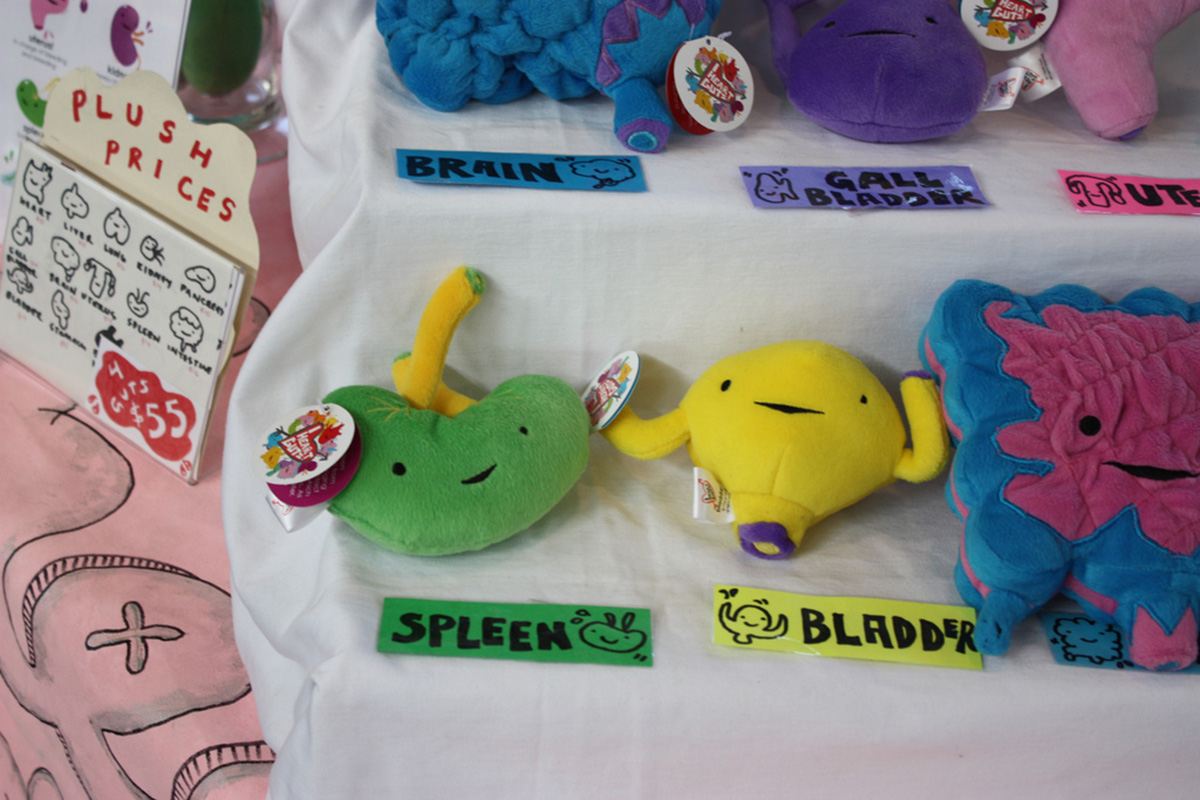Table of Contents
Sometimes, through injury or disease, a person may have to have their spleen removed. When the whole organ is removed it is called a splenectomy, but sometimes only part of the spleen needs to be removed, which is called a partial splenectomy. The spleen plays a very important role in your health and the function of your body, so how is it that you can actually live without it?
The Role of the Spleen
The spleen is an organ that is located in the lower abdomen. The main priority of the spleen is to store red blood cells and purify them, removing the waste products. This purification process helps your immune system recognize any allergens or foreign pathogens, which results in the body fighting off the foreign invaders and infections.[1]

Reasons for Removal
The most common reason for a splenectomy is following a traumatic event. Often it is due to a high-speed impact, such as in a vehicle crash, or a blunt force injury to the abdomen. These types of trauma can result in a ruptured spleen, meaning the organ itself has burst open, leading to internal bleeding, which is a life-threatening condition. When this occurs, the spleen is usually removed to prevent further blood loss.[1]
There are a number of diseases that can necessitate the removal of the spleen. Some diseases can cause the spleen to swell, increasing the fragility of the organ and leading to the risk of rupture. Other diseases have the opposite effect, where the spleen shrivels and ceases to function. In this case, the term given is an auto-splenectomy, meaning the spleen has more or less removed itself.
READ Cholecystectomy - Laparoscopic Surgery for Gallbladder Removal
Other diseases that affect the spleen and may require a splenectomy include [2]:
- Hereditary spherocytosis
- Thalassemia
- Hereditary elliptocytosis
- Hereditary nonspherocytic hemolytic anemia
- Splenic artery aneurism
- Blood clot in the vessels of the spleen
- Leukemia
- Lymphoma
- Abscess, cyst or infection of the spleen
- Photo courtesy of garysoup: www.flickr.com/photos/garysoup/3737047949/
- Photo courtesy of garysoup: www.flickr.com/photos/garysoup/3737047949/
- Photo courtesy of Knowledge collector: www.flickr.com/photos/133115863@N08/18693543542/


Your thoughts on this